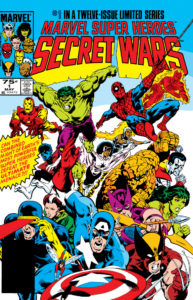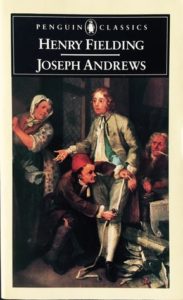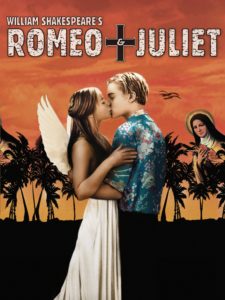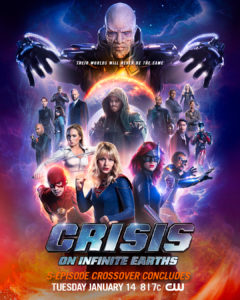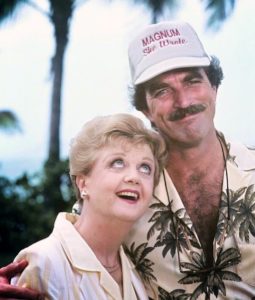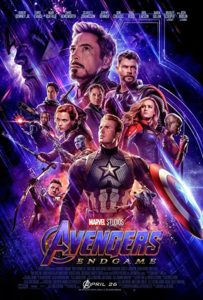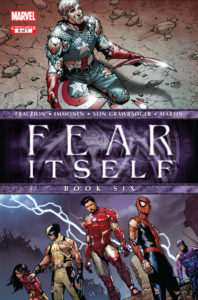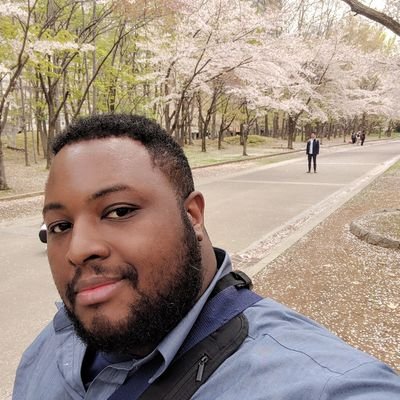From Mav: Recently, on my other show, GoshGollyWow, we had a brief conversation about crossovers. Well, it was recently for me, anyway… It will be in the future for listeners of both this show and the other one. In fact, because of different recording schedules, it might very possibly be in the future of when THIS SHOW airs this crossover episode. Podcast time travel and all that… crossovers are hard! But that got me thinking about the very idea of crossovers. Why do people like crossovers? In fact, fans don’t just like them. They beg for them! We even talked about this a bit on our Falcon and Winter Soldier episode. But honestly, at the end of the day, I’m thinking they are way more trouble than they’re worth. In fact, I think that if people really get down to it, they may actually hate crossovers, even if they don’t realize it.
So, I guess I should make it clear what I’m talking about here. I’m not talking about guest stars and I’m not talking about team-up events. Sure, those are a kind of crossover, but in my mind, they’re a little different. Many works of literature work in a shared universe. Certainly the same Huck Finn appears in both his and Tom Sawyer’s eponymous books, Hercule Poirot is the same guy in all of the Agatha Christie books in which he appears. L. Frank Baum’s Oz books have a sequential order to them as does the work of say J.R.R. Tolkien or C.S. Lewis. I’m fairly certain Hannah can give us some eighteenth and nineteenth-century examples. For instance, Henry Fielding’s Joseph Andrews clearly occurs in the same fictional universe as Samuel Richardson’s Pamela (Note from Hannah: Actually, I just finished reading Fielding’s Tom Jones and a character from Joseph Andrews also appears at the end of that novel. Not an expert, but the Fielding-Richardson relationship is … a lot.) Arguably even going back as far as Shakespeare, there’s clear crossover between some of his plays referencing a shared universe there. Comics, of course, often depend on this. Especially superhero comics. Much of the fun of Superman being in the DC Universe is that Batman could show up at any moment. But this is common in non-superhero comics as well. There’s always something fun going on in Archie when Josie and the Pussycats or Sabrina, the Teenage Witch show up. And sure… all of that is a kind of crossover, but not really what I’m getting at here.
The thing with the Baum, Christie or Tolkien books is that they’re not so much “crossovers” as they are serialized fiction (something we need to do an episode on soon). Sure, you COULD read The Return of the King without first reading Fellowship of the Ring or The Two Towers, but it’s not really designed like that. It’s a continuing cohesive story (more or less). Though they’re not serialized fiction, the same is basically true of Mark Twain or Fielding (Hannah’s note: Well, the Fielding-Richardson stuff is complicated in my mind, but I’ll save it for the episode. And I’m just saying, I didn’t bring it up.). If you don’t know that there are connections between the books, it doesn’t really matter. Hell, you probably didn’t know that Shakespeare’s Taming of the Shrew and Romeo and Juliet were connected until I just told you. Even in serialized comic books, most of the time, if Batman shows up in a Superman comic, it doesn’t matter to anything going on in Batman’s own series at all. I’m fine with all of that. It makes their worlds feel lived in. It provides fun little easter eggs and dots for the readers to connect. And, from a business point of view, it can boost the sales of both properties. If you’re a Batman fan, maybe you’ll buy Superman this month just to follow him, and if you’re a Superman fan, this could be the story that finally gets you into Batman. Great!
But what I’m thinking about here are the stories that crossover from one property to another, and you need to get all of the books to understand the storyline in any of them. This has become a staple of modern comic storytelling from the big two. Every few months, some big event happens that requires the readers to invest in titles they don’t really care about, because that’s the only way to really enjoy the story on any level. This often means interrupting the current ongoing storyline in the title you do care about as well as not understanding what little pieces of the ongoing story from the title you don’t care about that make it into the series. This is now so ingrained in the makeup of superhero storytelling that not only do Marvel and DC comics each do several of these a year, but it seeps into the adaptations that appear in other media. The CW’s Arrowverse shows have had a yearly crossover for the last couple of years. Their version of Crisis was fun for fans watching now, sure… but it’s going to be really confusing to anyone who is trying to binge just The Flash on streaming in a couple of years and they get to season 6, episode 9 and it’s suddenly part 3 of a 5 part story that they’re missing 1, 2, 4 and 5 of. And even more so in episode 10, when the whole status quo of the show has changed and the viewer doesn’t know why.
This gets even weirder on non-superhero shows. Law & Order shows cross over with each other all the time, as well as with Homicide and the Chicago P.D. franchise; those at least are sort of easy to work out. But if you’re streaming Murder She Wrote and you suddenly get to season 3, episode 8, good luck figuring out that you need to hunt down Magnum P.I season 7, episode 9 and watch it first for it to make any sense at all. And if you don’t know anything about the ongoing story of Magnum P.I… tough shit, because it’s all pretty important to the storyline of the crossover. (Also, how come even just talking about this suddenly makes me want to get a reverse mortgage and risk the chance that when I die, the bank takes my house?) Have fun, kids!
So it becomes very weird. And yet hardcore fans are begging for more of this. I remember think pieces all over the internet complaining that the cast of Agents of S.H.I.E.L.D. didn’t show up in Avengers: Age of Ultron or that Daredevil and the other Netflix heroes weren’t in the final battle of Avengers: Endgame. But, you know what? As much as devoted geeks may love this stuff, S.H.I.E.L.D averaged about 5-million viewers or so during its run. Daredevil (the most popular of the Netflix shows) purportedly had 2-million viewers or so per episode. Sure, I would have personally loved to see Cloak & Dagger show up in that battle. But only 460,000 people watched that show along with me (I’m quite certain not only have most people reading this not bothered, but I bet even my cohosts didn’t). Age of Ultron sold 161-million tickets. Endgame sold 306-million. Literally, 99 percent of viewers of those films don’t know who the fuck Matt Murdock, Melinda May, or Tandy Bowen are. And they sure as hell don’t want to slow down the most popular movie of all time for you to explain it to them.
And so you end up with stuff like Falcon & Winter Soldier, which — as we speculated on our recap episode — you could almost certainly skip and be ok moving from Avengers: Endgame to Captain America IV. But, I think this is going to become less common. WandaVision certainly had status quo changing ramifications for Vision. Will viewers the the new Captain Marvel sequel understand what’s going on when Monica Rambeau and Kamala Khan suddenly show up? As much as geeks claim they want everything to be connected, are we sure we really do? Are we prepared for the ramifications? Because I’ve been reading comic crossovers for four decades now. Reading comics is literally my job. And if you put a gun to my head, I couldn’t explain Marvel Comics’s Fear Itself crossover to you. And quite frankly, with that gun to my head, if you asked me to re-read it and work it out, I’d give serious consideration to saying “fuck it, pull the trigger.”
But maybe I’m wrong. We want to know what you think. What are good examples (and bad ones) from comics, movies, tv shows, video games, novels or whatever? Why do we like crossovers? Do we like them, or is this a “be careful what you wish for” thing where people only want them because we’re not REALLY getting them yet? Let us know your thoughts in the comments.

